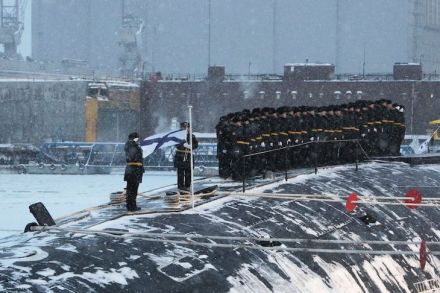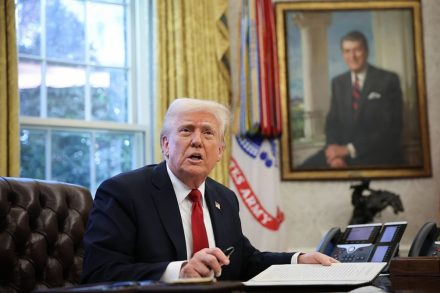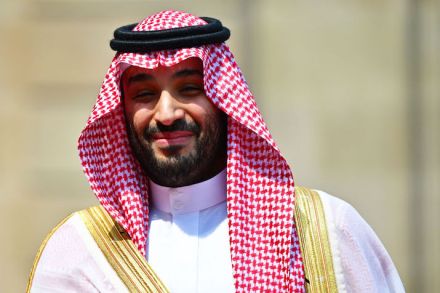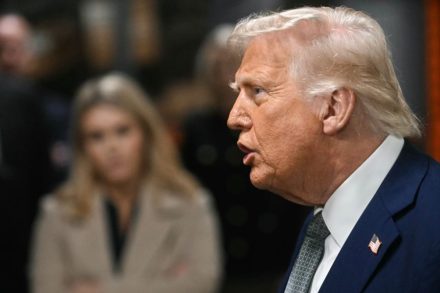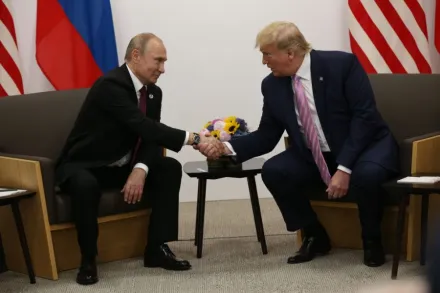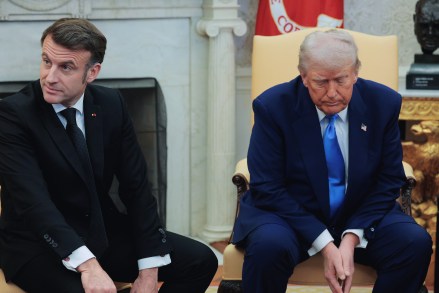Why Vladimir Putin is afraid of sea cucumbers
Vladivostok, the ‘ruler of the East’, is preparing to celebrate the 165th anniversary of its founding. City Day, as they call it in the capital of Russia’s Far East, will see week-long celebrations, including sailing regattas, street performances and an enormous firework display. The naval base, home to Russia’s Pacific Fleet, usually gets in on the act too, commemorating the arrival on 2 July 1860 of the first military vessel to seize control from its Chinese inhabitants. Many of those inhabitants stayed in the Far East, at least at first, though mass deportations to China increased after the Soviets seized power in 1917 – an egregious example of ethnic cleansing,



